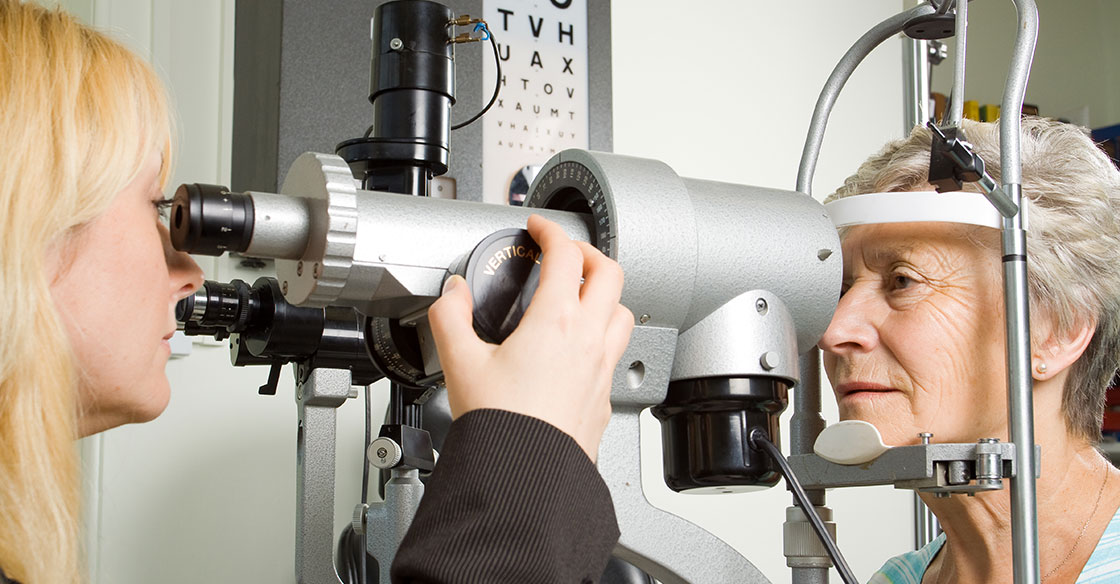Why are Routine Eye Exams Vital?

The eye is one of the most sensitive and delicate organs of the body that allows us to see what the world has to offer. Scheduling routine eye exams can ensure the safety of your eyes. Regardless of your age, a yearly comprehensive eye exam will help to diagnose and treat eye problems at their early stages as well as detect general health issues. Eyes don’t usually show many symptoms, even when something is wrong, which is why you need routine eye exams.
Here are just a couple reasons to undergo a routine eye examination of your eyes:
- To detect early signs of eye conditions before you notice them.
- To evaluate other general health problems.
- If you have diseases like high blood pressure, diabetes, etc. that are major risk factors for eye problems.
Examining Your Eye
Most people often confuse a vision screening test and a comprehensive eye exam. A vision screening test can only indicate if you need to get an eye exam done, whereas a comprehensive eye exam includes intensive screenings that diagnose deeper vision issues.
Routine eye exams include a dilated eye exam which involves testing the inside of your eye and usually gets carried out by an optometrist for about 20-30 minutes. Eye drops that dilate the pupils get placed into both the eyes to allow more light to enter the eye. This gives your optometrist a crystal clear view of the vital tissues at the back of the eye that includes the retina, the pupils, your pupil reflexes, and the optic nerve. The exam allows for early diagnosis of severe eye diseases without any apparent symptoms. Diseases like age-related maculopathy, diabetic retinopathy, optic neuritis, glaucoma, etc. may cause loss of vision if left untreated for long.
The optometrist will also ask you to read letters on a Snellen chart, an important part of the eye test that detects problems with vision like short or long sightedness and dyslexia. Apart from regular treatment options like glasses and contact lenses, nowadays doctors recommend considering vision correction surgery when needed.
How Often Should I Have my Eyes Tested?
At this point you may be wondering, how often should I have an eye exam? Optometrists recommend that eyes get tested every two years, depending on your age and medical history. If you are over 40 years old or are at risk of developing eye conditions such as glaucoma, your optometrist will tell you how frequently you need to have an eye test. Anyhow, if you experience any problems with your eyes, then you should immediately visit your optometrist or an ophthalmologist, i.e., an eye specialist.
Many people think that routine eye exams are only for senior citizens. But it is equally vital that babies as young as 6 months have an eye test.
Routine Eye Exams at Different Ages:
Young Children (Ages 0-4)
Vision is an essential part of childhood sensory development. At about 6 months, and again between the ages of 2 and 3, an eye examination should be done to ensure healthy vision.
Children (Ages 5+)
Before joining kindergarten or first grade, your child should undergo an eye exam. Researchers have shown that about 25% of school going kids have some form of vision problem, which can often get caught in time with an eye test.
Adults (Ages 18+)
Today, most of us, especially IT workers use a computer for more than 3 hours, and studies have shown that about 90% of the computer users have some form of vision problem arising from computer eye strain. Hence, routine eye exams should happen at least once every one to two years.
Seniors (people above the age of 65)
Diagnosis of severe vision problems such as glaucoma, cataract, etc. gets treated early through routine eye exams. Optometrists recommend that people above the age of 65 should have an eye exam at least once every year.
Routine eye tests play a vital role in an individual’s life. In the case of people who are at high risk of developing eye problems, routine eye exams can prevent the underlying complications that come with the aging eye.
